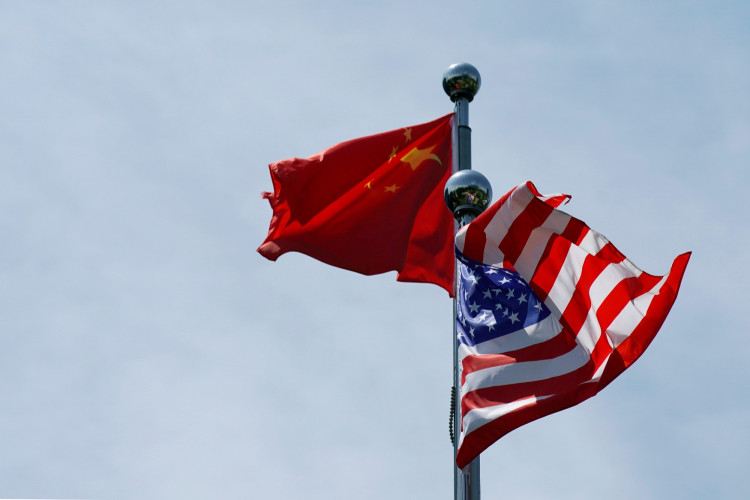China's move to ban the sale of key industrial materials to the United States, and to hold foreign firms accountable for re-exporting restricted goods to America, has jolted an already fragile relationship between the world's two largest economies. Beijing's new regulations, announced this week, impose extraterritorial reach similar to that of U.S. and European sanctions, covering Chinese products and parts no matter where they are incorporated. The unprecedented step further escalates a long-running feud over technology access and critical mineral supplies, adding a fresh layer of uncertainty to global markets just weeks before President-elect Donald Trump assumes office.
"Any organization or individual from any country or region that violates the above provisions and transfers or provides relevant dual-use items originating in the People's Republic of China to organizations or individuals in the United States will be held accountable according to law," China's Ministry of Commerce said Tuesday. The restrictions specifically target dual-use items and minerals such as gallium and germanium, both vital components in advanced semiconductors, electric vehicles, radar systems, and other cutting-edge equipment. These materials, once obscure, have become vital cogs in the world's high-tech industries.
"I'm not aware of another such case under the current regulatory regime," said Cory Combs, an associate director at research firm Trivium China. "For companies, the extraterritorial application means they shouldn't bank on any loopholes to keep supplies flowing. Simply put, companies using the affected inputs need to find alternative supplies ASAP." Though China's announcements remain vague on how vigorously or broadly these rules might be enforced, the implication is clear: Beijing's influence over essential minerals just got bigger, and the tools at its disposal more formidable.
In recent years, China has built an array of legal instruments to counter U.S. sanctions and export controls, including the "Unreliable Entity List," the "Export Control Law" in 2020, and the "Anti-Foreign Sanctions Law" in 2021. These measures align with a broader strategy to make the Chinese economy more resilient under external pressure and to respond in kind when Washington aims to cut off Beijing's access to advanced technologies. "It was the U.S. which has abused export control measures," said Ministry of Commerce spokesman He Yadong, accusing the United States of "economic coercion that seriously harmed international supply chain stability."
Meanwhile, Washington has moved to limit Chinese access to advanced semiconductor technology and related know-how. U.S. measures include a broadening of export restrictions, placing scores of Chinese companies on an "entity list" that effectively bars them from acquiring critical U.S. equipment and software. Commerce Secretary Gina Raimondo has defended these steps as necessary to prevent China from using American technology to bolster its military and intelligence capabilities.
"Critical mineral security is now intrinsically linked to the escalating tech trade war," wrote Gracelin Baskaran and Meredith Schwartz of the Center for Strategic & International Studies. The ban's effects could reverberate through complex supply chains that feed everything from smartphones and electric vehicles to solar panels and defense systems. While gallium and germanium are at the center of current tensions, experts warn that other materials-such as tungsten, magnesium, aluminum alloys, and even super-hard substances-may be next in line.
Exports of gallium and germanium to the U.S. had already plummeted this year, according to Chinese customs data. The Biden administration and its allies have been working to mitigate these risks by seeking alternative sources of critical minerals and encouraging domestic production. Japan, for instance, recycles scrap metal to extract gallium, while the U.S. has been forging supply partnerships with the European Union and other countries, attempting to break free from China's stranglehold on vital inputs.
But China's ban also carries a broader message: it is now prepared to use its own economic leverage and regulatory frameworks to shape global markets. Some industry watchers remain skeptical that Beijing can match Washington's worldwide enforcement or surveillance capabilities. Still, the mere threat of extraterritorial legal action, combined with a track record of punishing foreign firms for perceived slights, could stoke compliance concerns among global businesses.






